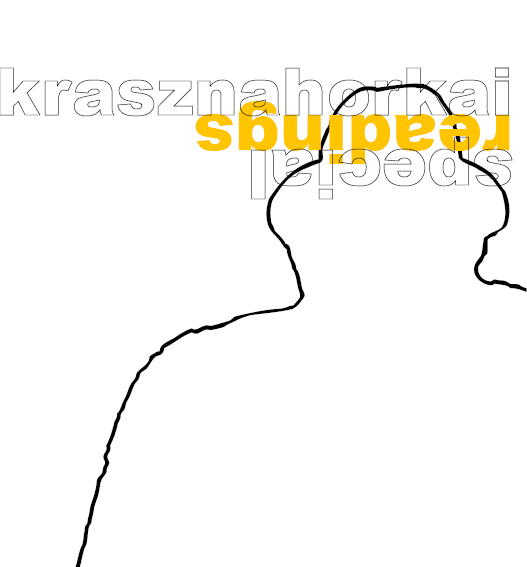

|
|
|
|
ON KOSZTOLÁNYI'S KORNÉL ESTI
If anyone ever truly wanted to write the history of the Hungarian people, the author would certainly take that Dantean first sentence of Kosztolányi’s Kornél Esti as the work’s epigraph: in a word, the most wondrous first sentence ever written in the Hungarian language. So simple and so achingly painful, so sad and so sweet, so concise and so bereft of hope; and in the depths of it all a kind of caustic humor – a tone by which anyone who is not Hungarian can immediately comprehend the true history of the Hungarian people. Not, of course, all the things that happened, but just how what happened happened, that it happened, so to speak, sadly and sweetly, simply and achingly, that it was concise and bereft of hope, and that in the depths of it all was a kind of caustic humor: and that anyone at all can therein glimpse their own selves, their own history– thanks to that magnificent poet and writer, Dezső Kosztolányi – anyone upon this earth who has been so graced by fate as not to have been born Hungarian.